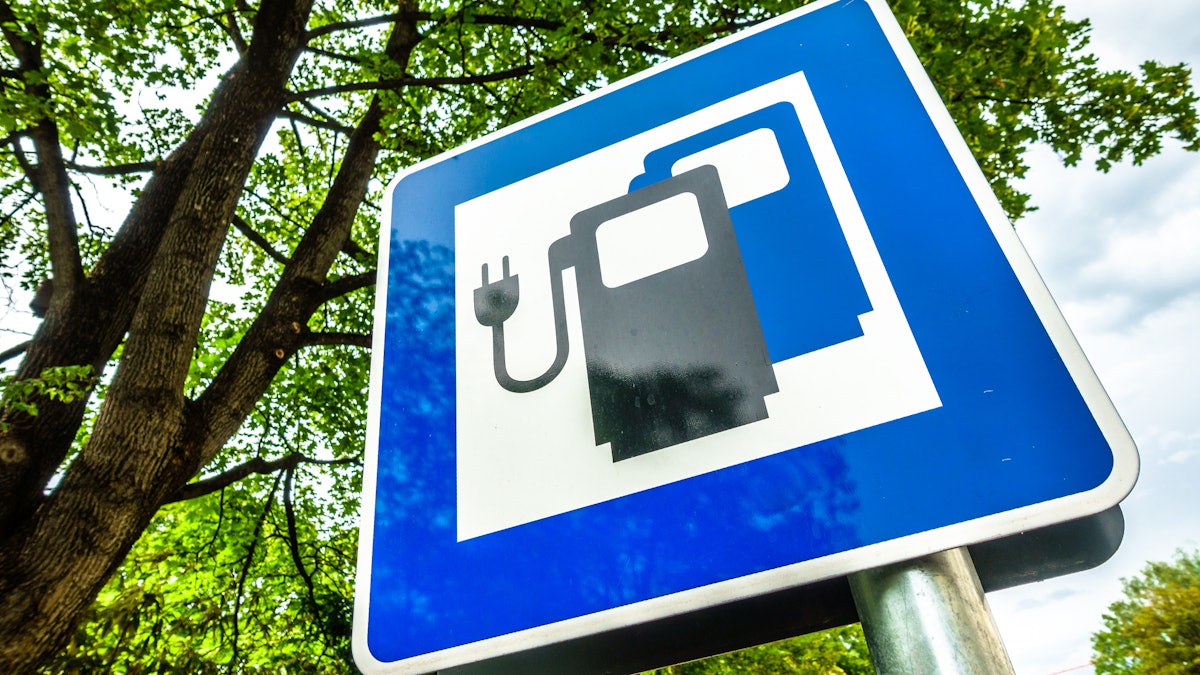
Change is constant — and something the commercial vehicle industry has dealt with and adapted to since the invention of the diesel engine.
It is in our DNA — adapting and adopting new technologies to get the job done. From automatic transmissions to cleaner engine designs, the trucking and bus industries have been part of dozens of technological transitions through history.
We are now embarking on a transition so large, so all-encompassing, that it touches every single consumer and business in the country. That is the change that is currently being forced upon our supply chain as regulators at the state and federal levels press forward with competing mandates to electrify the nation’s medium- and heavy-duty vehicle fleets.
[RELATED: Emissions regulatory patchwork ‘a nightmare to deal with’]
There are two primary regulatory actions that are forcing this change onto trucking fleets: the California Air Resources Board’s (CARB) suite of so-called clean fleet rules, which apply to trucks and buses, are limiting the number of clean-diesel-powered vehicles available for purchase in the state by setting unrealistic battery-electric truck and bus sales targets. At the same time, the U.S. Environmental Protection Agency finalized the latest phase of its greenhouse gas rules for heavy-duty vehicles, requiring truck makers to meet similarly challenging sales targets for zero-emission trucks relative to conventional diesel trucks.
Taken in tandem, these requirements will put extraordinary pressure on the commercial fleet industry to purchase very expensive, early-stage vehicles, raising transportation costs that will ultimately be borne by consumers everywhere.
Today, a battery-electric Class 8 truck has an effective range of 150 miles, about 10% of its diesel-powered equivalent, and that BEV takes hours to charge compared to the minutes it takes to fill up at the pump. Without significant improvements in battery technology and range, as well as massive upgrades in infrastructure, a battery-electric supply chain is one plagued by costly delays. Buses face the same concerns with fewer zero emissions options that cost more and are capable of less range and passenger capacity.
Even if the trucks and buses themselves were up to the challenge, the charging infrastructure certainly is not.
Earlier this year, the Department of Energy reported there were only nine fast charging stations in the country capable of supporting heavy-duty vehicles. In order to fully electrify the commercial vehicle supply chain, we will need nearly 6.6 million of these chargers — about 6.4 million at distribution centers and terminals and 176,000 on our highway system — at a cost of $1 trillion according to research from renowned industry analysts Roland Berger.
The $1 trillion price tag doesn’t include the cost of new vehicles, which can be as high as four times the price of conventional diesel rigs. All of these added costs will be absorbed, not by the manufacturers or users of these commercial vehicles, but by small business owners and consumers across the country.
The Clean Freight Coalition shares the goals of regulators — a cleaner, more efficient and sustainable supply chain — but it is clear we must be judicious in how we move forward, lest we do more harm to our economy than the good we do for the environment.
[RELATED: Five industry groups join forces to create Clean Freight Coalition]
Prices are already high for everything from groceries to everyday essentials, and Americans can’t take another increase to their cost of living. That’s why Congress and state legislatures needs to step in to ensure that the infrastructure and fleet are ready for the transition to electrification before forcing it – and hurting consumers in the process. All technologies should be on the table to make true progress to improve our air quality.
We can reduce emissions and protect our economy, but we must manage this change appropriately, with timelines and targets that make sense not just for the regulators in Sacramento and Washington, but for Americans on Main Street as well.
Jim Mullen, the executive director of the Clean Freight Coalition, has nearly 20 years of broad executive experience in the trucking industry and is the founding principal of Mullen Consulting LLC. Mullen represents motor carriers, trade associations, and autonomous vehicle stakeholders on various transportation related matters. From 2018-2020, Jim served as acting administrator and chief counsel of the Federal Motor Carrier Safety Administration (FMCSA). Prior to the FMCSA appointment, he was a lobbyist in D.C. for various stakeholders in the transportation and trade industries.